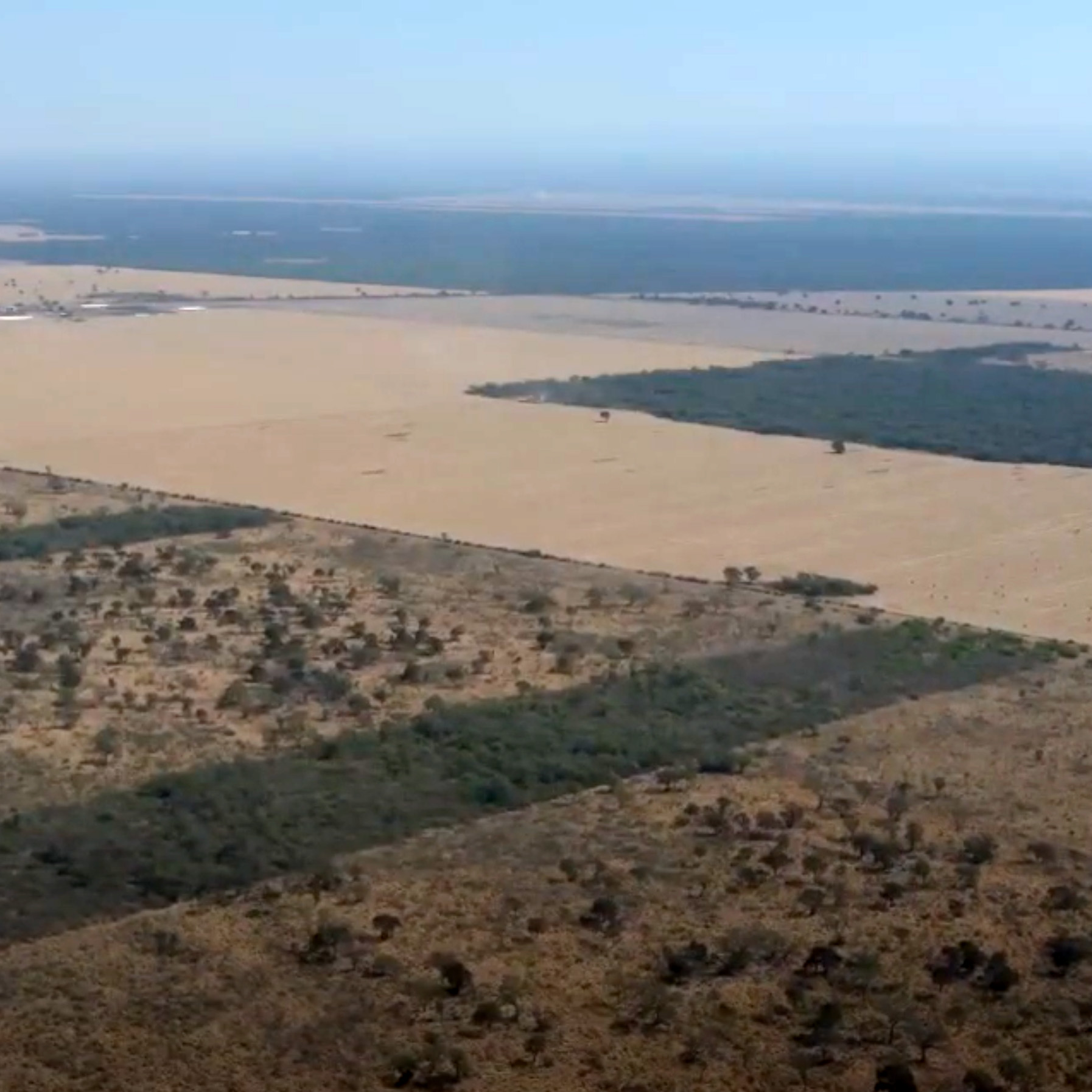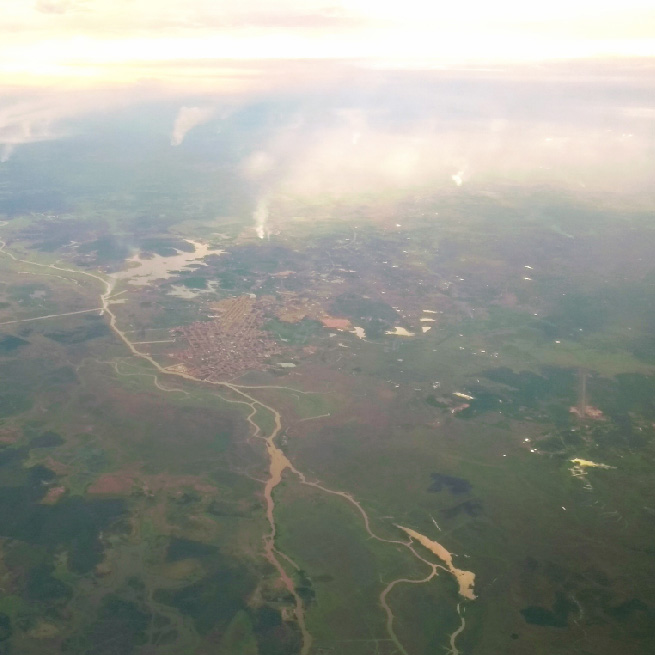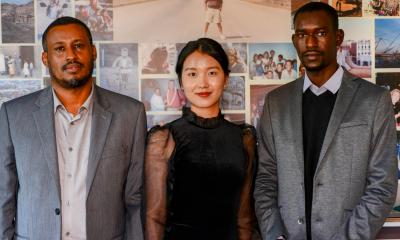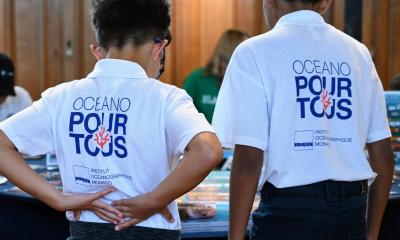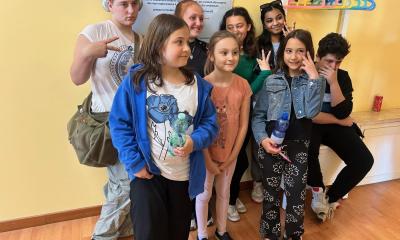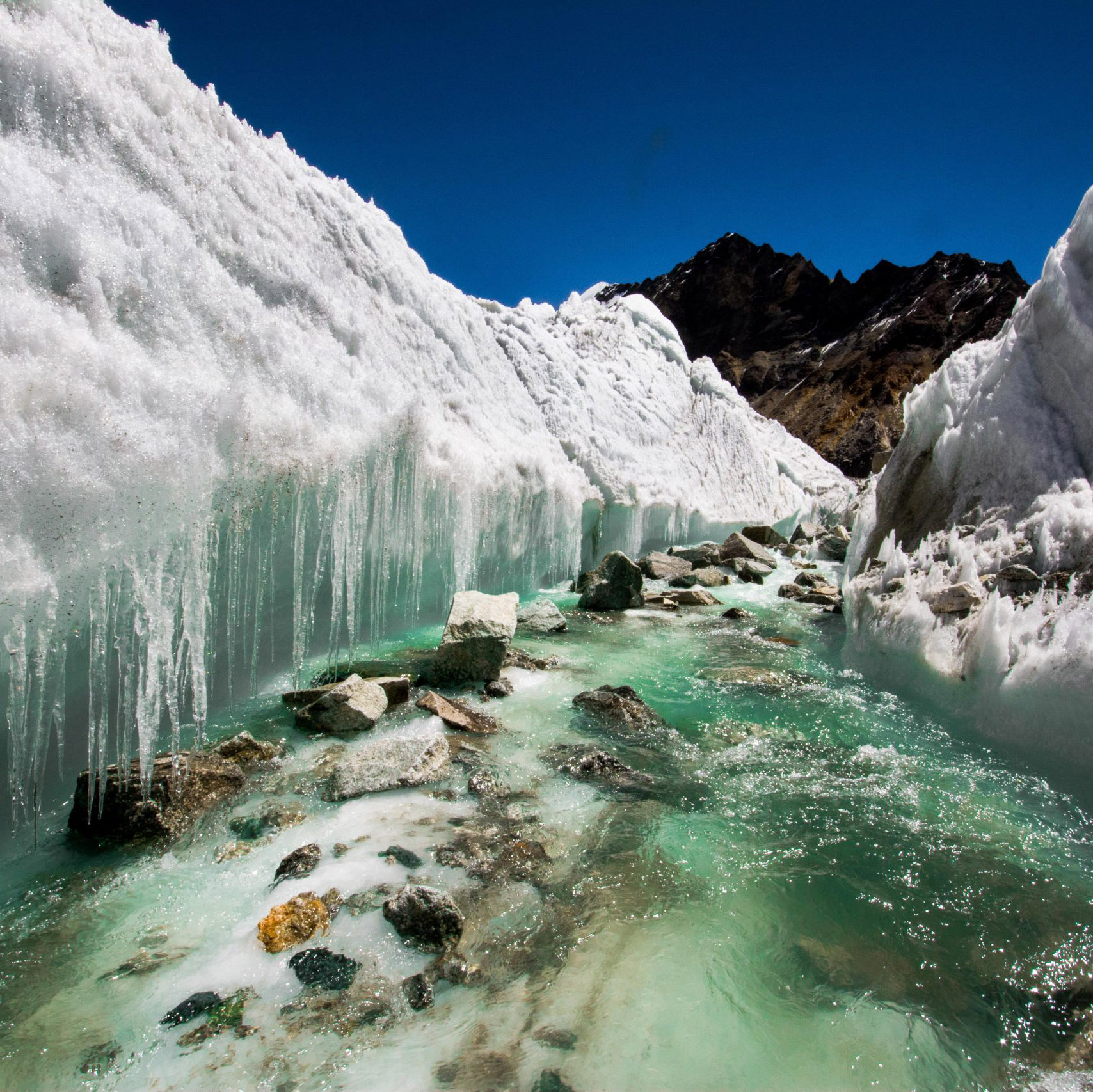
INTERNATIONAL RECHERCHE
Applied Research in The Field of Climatology
Research benefiting local communities...
A special program launched to encourage both fundamental research and entrepreneurship among researchers from the IPCC scholarship program.
The Cuomo Foundation is supporting scientific study and research to solve practical problems affecting livelihoods and well beings across the globe.
Since 2013, the foundation has partnered with the IPCC Scholarship programme to support PhD students from developing countries in their scientific research to understand the risks of climate change and its impact on their local environments and communities.
As part of its ongoing commitment to supporting fields of study, the Cuomo Foundation is funding additional applied research by a number of former IPCC scholarship programme awardees in their current investigations.
HIGH MOUNTAIN ASIA
The Tibetan Plateau
How the Tibetan Plateau is being affected by global warming and climate change
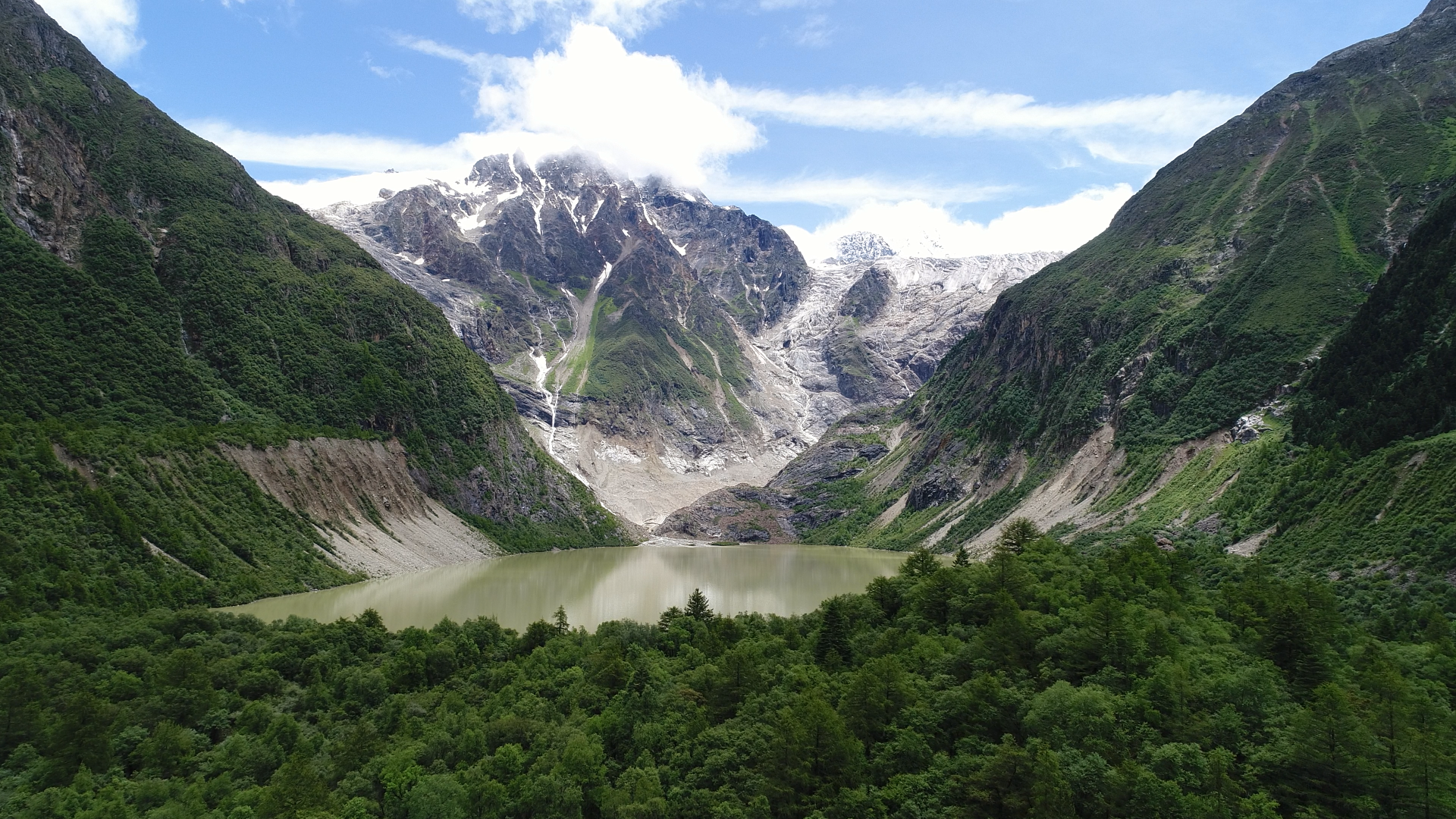
A glacial lake in the Himalayas... The phenomenon known as "sudden glacial lake outburst flood" caused by the rupture of a natural ice dam is one of the effects of climate change.
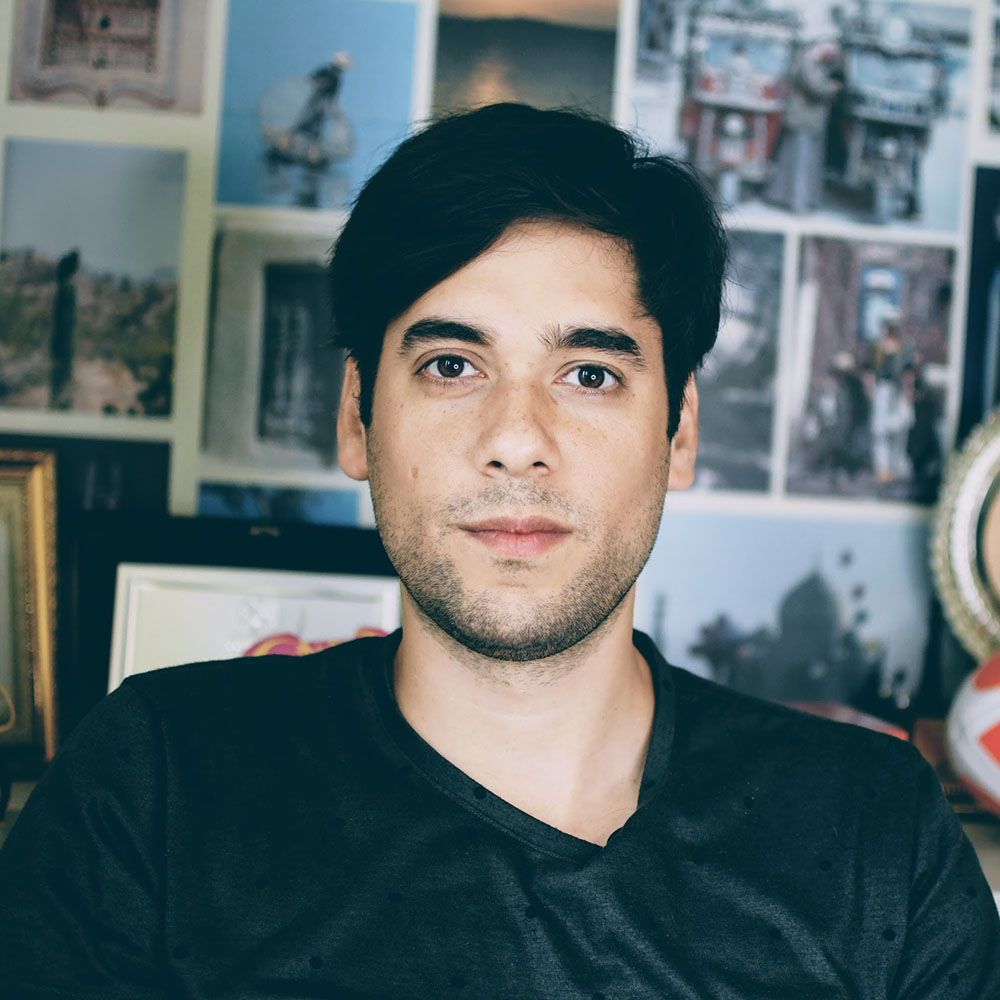
THE GRAND CHACO, ARGENTINA
Understanding the geography of cattle ranching in South America’s dry forests
An environmental project led by Dr Pedro Fernandez – former IPCC scholarship awardee
Argentine researcher Dr Pedro Fernandez was a beneficiary of the 2019-21 IPCC scholarship awards. His doctoral thesis was entitled ‘Sylvopastoralism as a viable solution for controlling the interference of forest resources in the Gran Chaco.
The Gran Chaco or Dry Chaco is a sparsely populated, hot and semiarid lowland natural region of the Río de la Plata basin, divided among eastern Bolivia, western Paraguay, northern Argentina, and a portion of the Brazilian states.
The Cuomo Foundation is supporting Dr Fernandez in his new research project entitled ‘Understanding the geography of cattle ranching in South America’s dry forests’ -Cattle ranching remains a strategic economic activity in a vast region of South America, covering Caatinga (Brazil), Cerrado (Brazil), Chiquitania (Bolivia) and Chaco Seco (Argentina); it is also one of the main causes of deforestation.
- How can we refine the assessment of the environmental and productive performance of cattle farming?
- Can we reduce the environmental trade-offs caused by land use?
- What is the role of this economic activity in the dry forests of South America?
These are the crucial questions that Dr Fernandez’s project, based at the Biogeography Laboratory of the Humboldt University (Berlin) and supervised by Professor Tobias Kuemmerle, will try to find answers to.
-
Duration of funding: 2 ans
-
Amount awarded: 30000 €
-
Project expansion: 2021-2023
Discover the on-site report conducted by Dr. Pedro Fernandez.

THE TIBETAN PLATEAU
How the Tibetan Plateau is being affected by global warming and climate change
A climatic project led by Dr Dongfeng Li – former IPC
The Chinese researcher Dr Dongfeng Li was also a successful beneficiary of the 2019-21 IPCC scholarship awards. The Cuomo Foundation is continuing its support of Dr Li in his post-doctoral research project entitled ‘Water and Sediment Fluxes Response to Climate Change in the Headwater Rivers of Asian Highlands’.
Dr Dongfeng Li’s new study project is set in the region known as High-Mountain Asia (HMA) which contains the largest reservoir of snow and ice outside the polar regions and can be regarded as “the Third Pole of the Earth”. HMA also serves as the headwaters for more than ten major Asian rivers, hence its nickname “the Asian water tower”. This vast white mass serves as a valuable source of water, sediment, nutrients and organic carbon for downstream ecosystems, and therefore meets the life-support needs of about 2 billion people.
Alarmingly, since the 1950s, the air temperature has risen by 1.9 ℃ at a rate of 0.32 ℃ per decade. This is double the global average (0.16 ℃ per decade), already exceeding the Paris Agreement target of 1.5 ℃.
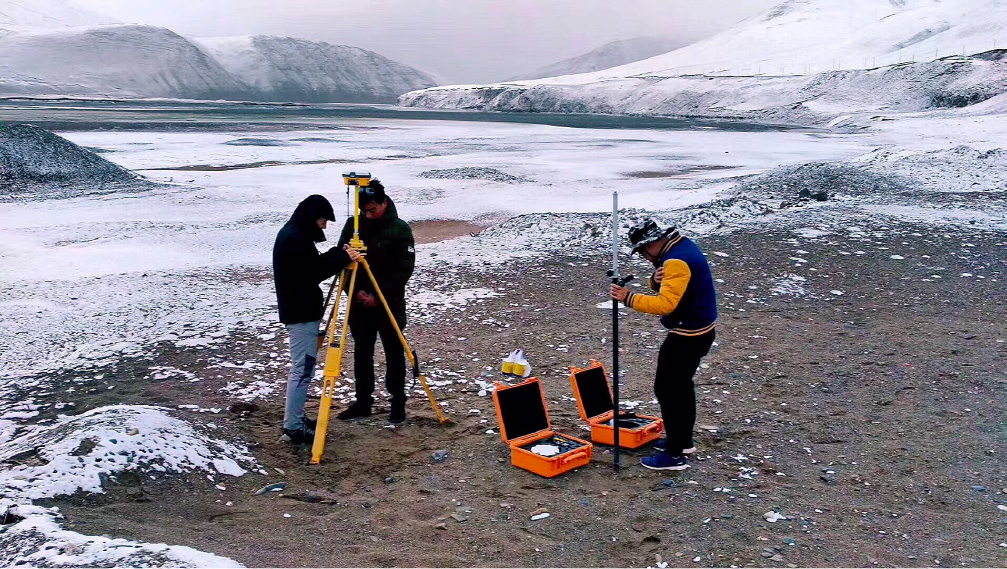
Dr. Dongfeng Li and colleagues in the field © Photo by Dr. Dongfeng Li
The devastating effects of this situation are palpable. The humanitarian disaster that occurred in Pakistan this summer due to flooding, can be directly linked to the climatic phenomena that are the subject of Dr Li’s latest study.
With rivers and glacial lakes overflowing and bursting their banks, Pakistan has been hit this year by the worst floods and landslides recorded this century. Two-thirds of the country’s districts have been affected by the floods, displacing some 33 million people and causing at least 1,343 deaths, Pakistan’s National Disaster Management Agency stated in September, 2022.
The main cause of the situation was the intense heat the country experienced in the spring and early summer, which melted glaciers in the northern mountainous regions. The rapid melting dramatically increased the amount of water flowing into the tributaries of the Indus River, Pakistan’s largest river, which flows north-south through the country and feeds cities and large tracts of farmland along its course.
.jpeg)
The situation in Punjab, Pakistan, August 2022. Photo © Punjab Emergency Service Department
Despite the scale of the risk, scientists admit that “the extent of excess glacial melt that has flowed into the rivers this year is not clear”, but say that the extremely high flow in the Hunza River and the muddy water observed suggests that the melt was very rapid. Several glacial lakes broke through the ice dams that held them back, releasing a dangerous mass of water of unprecedented magnitude.
Dr Li’s preliminary report showed that the area of Asian glaciers has been retreating at a rapid pace in recent decades. Compared to the period 1975-2000, the rate of ice loss doubled between 2000 and 2016. The rapid melting, he warns, poses considerable risks – including glacial debris flows and flooding from “the sudden emptying of a glacial lake”. It is also responsible for a significant increase in the volume of river sediments and the levels of nutrients, contaminants and organic carbon measured in the sediments. It is a situation that jeopardises public safety, water quality and aquatic ecosystems, not to mention the damage to the hydroelectric reservoirs built in the basins of these large rivers.
Pakistan is the world’s 5th most populous country and ranks in the top ten most vulnerable for climate risk yet is responsible for only 0.6% of global greenhouse gas emissions.
-
Duration of funding: 2 ans
-
Amount awarded: 50000 €
-
Project expansion: 2021-2023
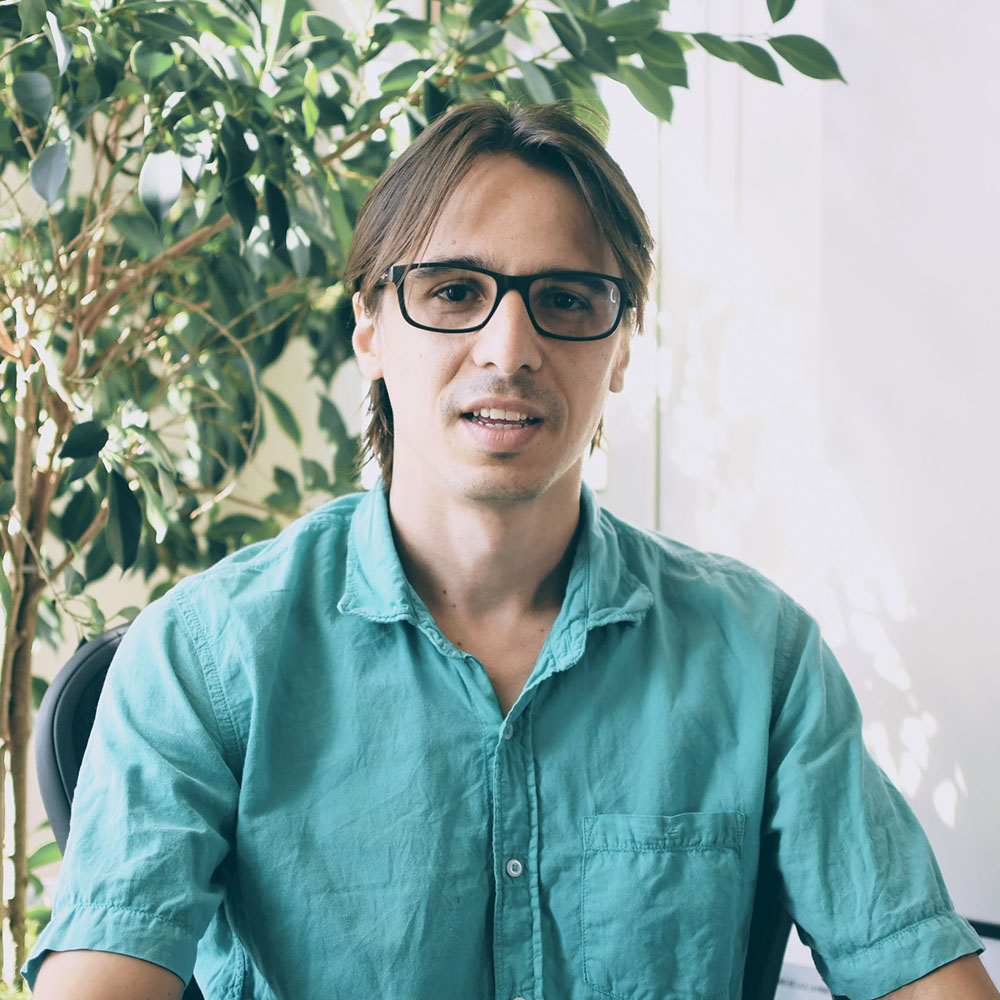
AMAZONAS, BRAZIL
Development of real-time monitoring and detection of air quality to benefit Amazonas communities
An environmental project led by Dr Igor Oliveira Ribeiro – former IPCC scholarship awardee
Brazilian researcher Dr Igor Oliveira Ribeiro was another beneficiary of the 2019-21 IPCC scholarship awards funded by the Cuomo Foundation. His PhD thesis was entitled ‘The impacts of forest fires on the air quality of a tropical megacity’.
In late 2021 Dr Ribeirio launched a new applied research project with support and funding from the Cuomo Foundation entitled “EducAIR – Alerting people to the risks of fire smoke”.
The research is focused on the area of Amazonas, a massive state in north-western Brazil that is almost entirely covered by the Amazon rainforest and is home to the capital, Manaus.
According to the World Health Organization (WHO), air pollution causes approximately 4.2 million deaths per year, and a large proportion of the world’s population (91%), including approximately 2 billion children, lives in areas where pollution exceeds the WHO recommended threshold.
In the Amazon, forest fires and deforestation play an important role in the high concentration of particles in the atmosphere. The main factors that increase the intensity and frequency of forest fires are intense droughts, land grabbing for agriculture, illegal timber trade and socio-environmental conflicts. Air pollution in the Amazon has caused damage to all in the region, especially the most vulnerable, indigenous peoples and river dwellers. In a recent report by Dr Ribeiro, he observed that regional hospitalizations for cardiovascular and respiratory disorders significantly increased in 2020 and 2021. According to him, air pollution contributed to the Covid-19 instances in the area as well.
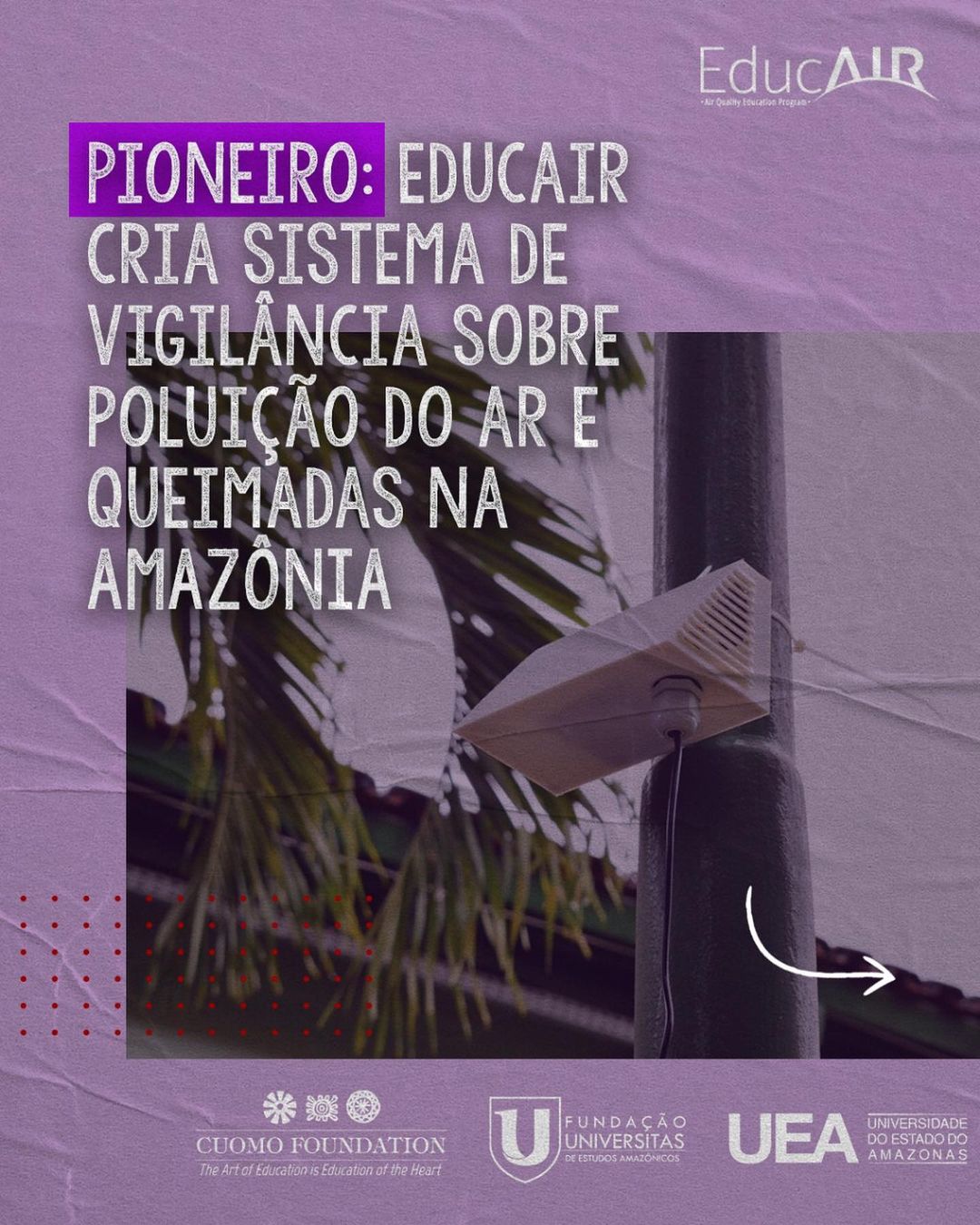
EducAIR
"EducAIR – Alerting people to the risks of fire smoke" is designed to improve the health conditions of Amazonian people in the face of the threat of fire.
In its pilot phase, the project is being deployed in 8 public schools in the Manaus region with over a thousand pupils participating and being taught how to analyse the data and use scientific techniques. Based on their understanding of the information, the schoolchildren are encouraged to take simple actions that will help improve the quality of the air they breathe and are trained to take the necessary measures in case of a pollution peak.
The operational research team has installed air quality monitoring sensors, which are designed and manufactured locally.
The data collected by these devices is transferred to the SELVA platform, an online computer system that provides graphical interfaces to convert complex scientific data into easily decipherable graphs and tables. The aim of the operation states Dr Ribeiro, is to “give everyone a chance to live, study and develop in a healthy environment” while contributing to the collective well-being of communities.
-
Duration of funding: 2 ans
-
Amount awarded: 50000 €
-
Project duration: 2021-2023
OUR PROJECTS IN THE FIELD OF ENVIRONMENT
Sector Updates
Dr. Tariku Olana Jawo: Empowering Communities through Tropical Research: A Commitment to Forest Sustainability and Rural Well-Being
2025 Aug 01
A Partnership Supporting our Youth and our Seas
2025 Jun 03
"The Sea, a Friend to Discover and Protect" – An Environmental Educational Project in Rome
2025 May 13


 Français
Français